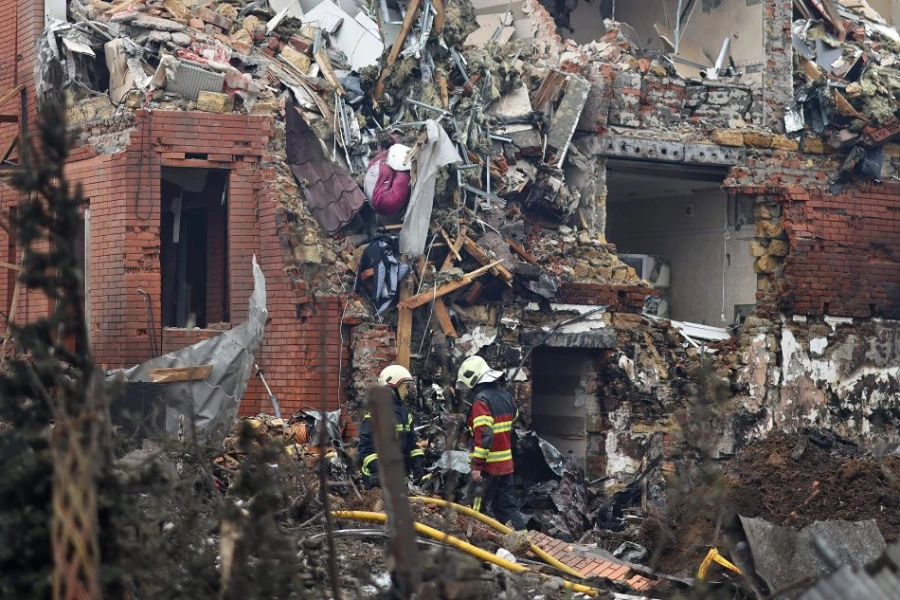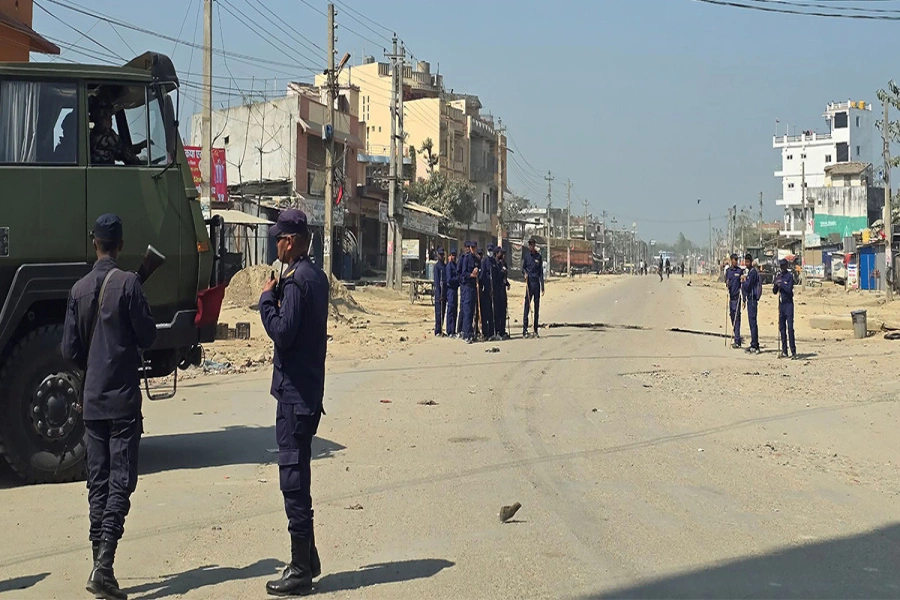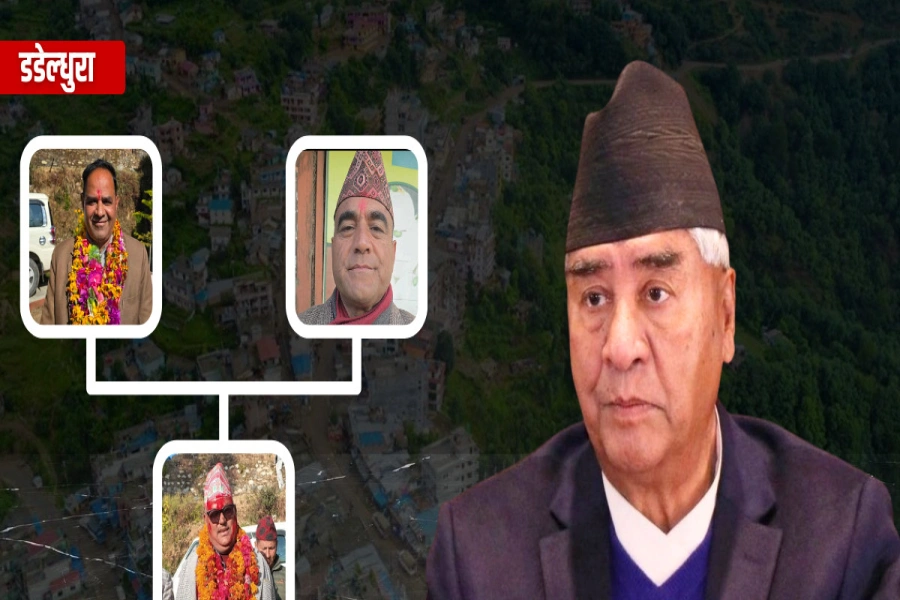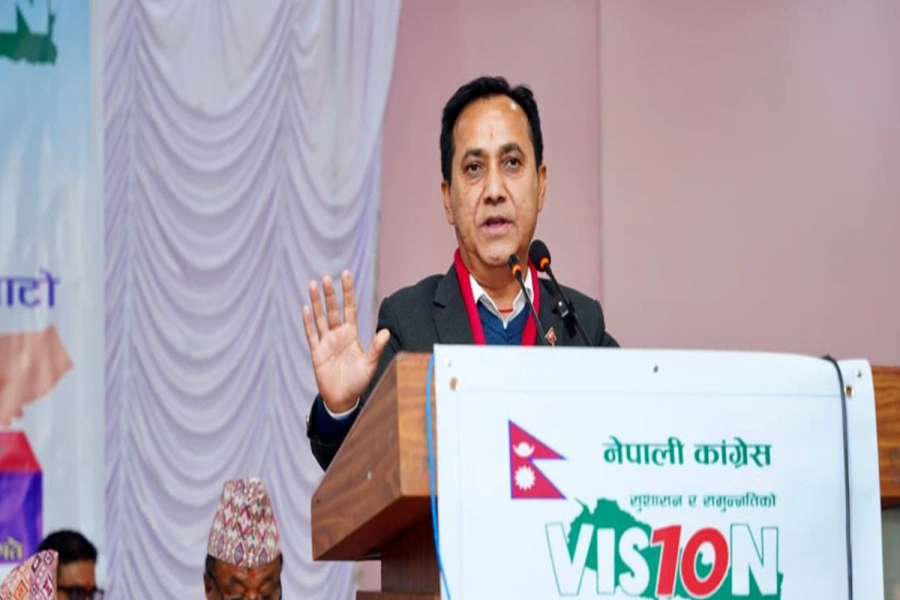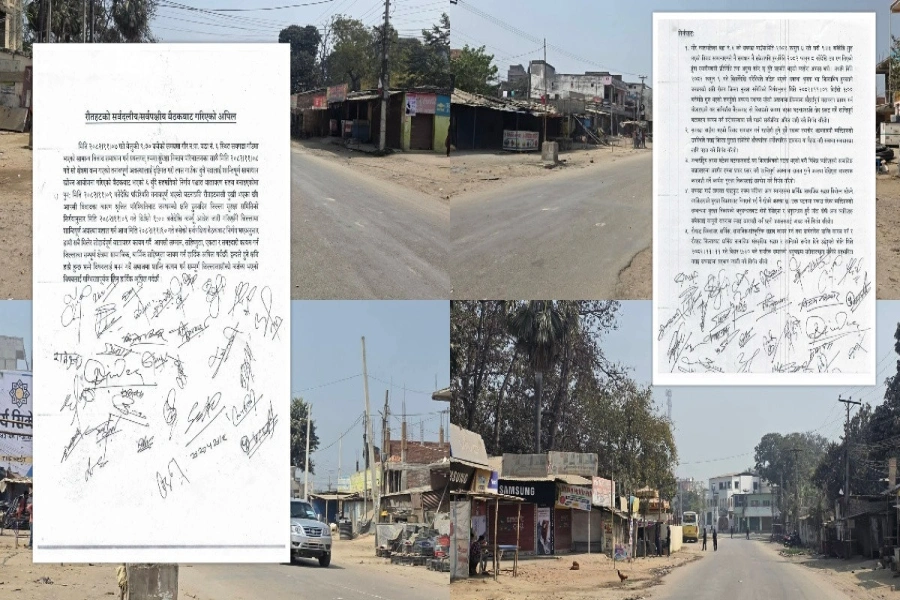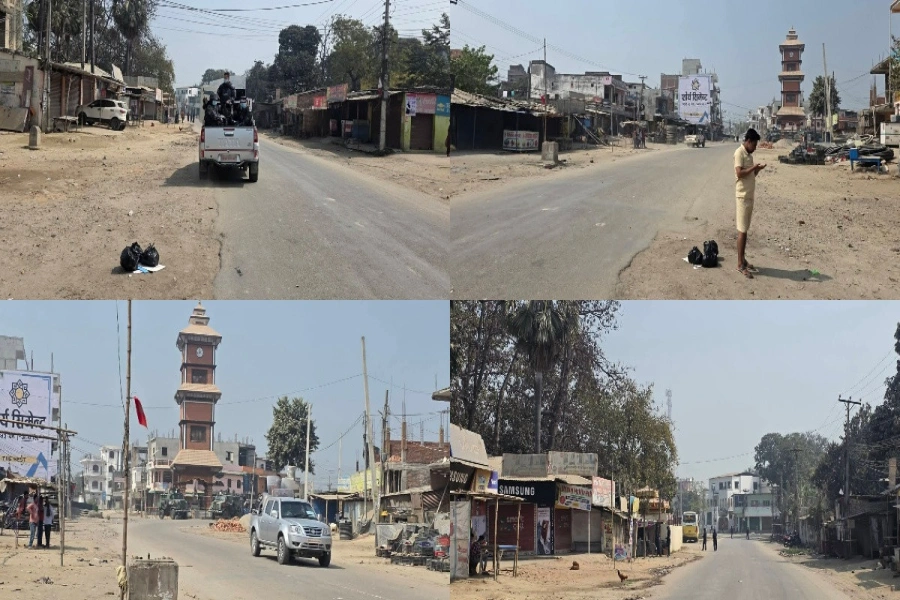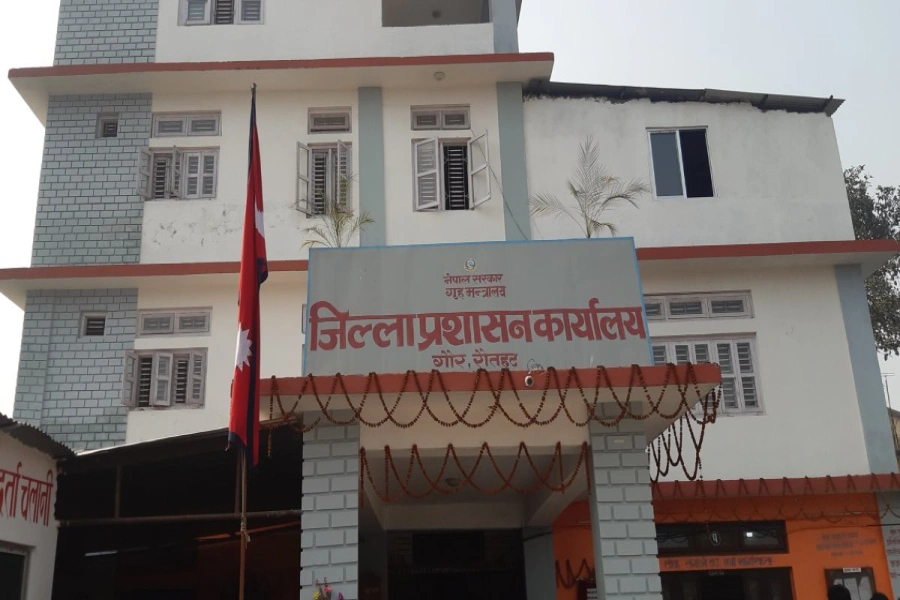The U.N. Security Council unanimously voted in favor of a ceasefire resolution for Syria on Saturday, but the bombing of the Eastern Ghouta suburb near Damascus continued, with at least 24 more deaths after the resolution was passed.
Symptoms of chlorine gas exposure have been reported from one of the bombing sites, raising fears that dictator Bashar Assad is once again using chemical weapons against his own people.
“Security Council resolutions are only meaningful if they are effective. Eastern Ghouta cannot wait. It’s high time to stop this hell on earth,” U.N. Secretary-General Antonio Guterres said a session of the Human Rights Council on Monday.
The New York Times noted that the Security Council resolution included a few “loopholes” which have been exploited by Assad and his allies in Russia and Iran, namely that a firm date was not set for the ceasefire to take effect, and it allows for continuing military operations against “terrorists.”
Assad considers everyone fighting against his regime to be a “terrorist” and specifically applies that designation to many of the opposition fighters in Eastern Ghouta, so the ceasefire demand is effectively meaningless to him, even though the United Nations stipulated that exceptions were applicable only to military actions against terrorist targets designated by the U.N.
WITHER HUMANITY: SYRIA BLEEDS

As Syria’s ambassador to the U.N. put it, “We practice a sovereign right of self-defense, and we will continue to fight terrorism wherever it is found on Syrian soil.”
“Efforts to combat terrorism do not supersede obligations under international law to protect civilians, Mr. Guterres pointedly reminded his audience, taking aim at Syrian, Russian and Iranian representatives who have stated their determination to keep up military action against terrorist groups,” the NYT reported.
The Secretary-General demanded humanitarian access to civilians in Eastern Ghouta, including safe transportation to hospital facilities for the most critically injured. Two more hospitals were reportedly hit by airstrikes over the weekend, bringing the total number of attacks on hospitals up to 31 over the past week. If anything the tempo of the assault on Eastern Ghouta is increasing, with reports that ground actions have begun in addition to airstrikes.
“Second to the criminally responsible – those who kill and maim – the responsibility for the continuation of so much pain lies with the five permanent members of the Security Council,” declared outgoing High Commissioner for Human Rights Zeid Ra’ad al-Hussein.
Hussein said veto power has been too often employed by Security Council members to shield “prolific slaughterhouses” such as Syria, the Congo, Myanmar, and Yemen. He endorsed a measure proposed by France that would suspend the veto in cases where mass atrocities have been perpetrated.
“I am ashamed of the U.N. Security Council. The most powerful nations in the world are unable to enforce the most basic standards of human rights. Failure to enforce these resolutions calls into question the very reason for this process. They are disconnected from reality,” said Ziad Alissa of the Union of Medical Care and Relief Organizations, a Paris-based humanitarian group.
America’s ambassador to the United Nations, Nikki Haley, pinned the blame on Russia.
“In the three days it took us to adopt this resolution, how many mothers lost their kids to the bombing and shelling? How many more images did we need to see of fathers holding their dead children? All for nothing, because here we are voting for a ceasefire that could have saved lives days ago,” Haley said on Saturday.
“Our goal with this resolution is clear: The Assad regime needs to stop its military activities around eastern Ghouta, and for once, allow humanitarian access to all of those who need it. We are deeply skeptical that the regime will comply. But we supported this resolution because we must demand nothing less. We owe this to the innocent people of Syria begging for help,” she said.
The Syrian government claims that at least 36 people have in turn been killed by rebel mortar attacks on Damascus, including women and children, and one such mortar attack hit a Red Crescent hospital.
Local health authorities on Sunday reported treating at least 18 victims for symptoms consistent with exposure to chlorine gas. The Russian Defense Ministry countered with accusations that rebel forces have been stockpiling chemical to use against the Syrian regime and its allies or to stage false-flag attacks, implying that Sunday’s chlorine exposure might have occurred after Syrian or Russian bombs struck such a hidden rebel stockpile.
On Monday, Russian President Vladimir Putin ordered a daily five-hour humanitarian pause in the bombing of Eastern Ghouta, running from 9 a.m. to 2 p.m. local time beginning on Tuesday. Russian news agencies report a “humanitarian corridor” will also be opened to allow civilians to flee the area.
French President Emmanuel Macron on Monday called on Russia to use its influence with the Syrian regime to implement a ceasefire and also reminded Turkish President Recep Tayyip Erdogan in a telephone call that the resolution applied to his operations against Kurdish militia in the Afrin region of Syria.



